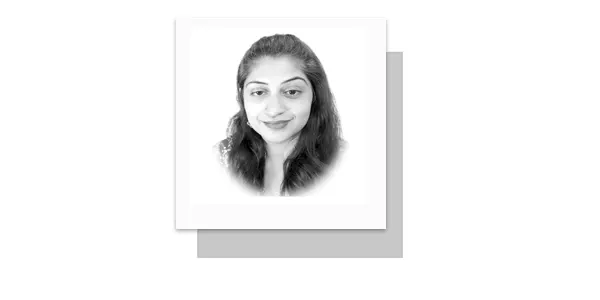THE nation was left in shock recently when a mother in Nawabshah allegedly took the lives of her twin sons, aged three and a half years. As the tragic details unfolded, reports revealed that the police recovered a knife and detained the mother, Komal, for investigation. The incident dominated headlines, yet one pressing question remained unaddressed: What drives a mother to such a horrifying act? The answer lies in a subject we still struggle to acknowledge—postpartum depression (PPD).
Despite its prevalence, the stigma surrounding it keeps conversations muffled and help out of reach. Are we, as a society, complicit in ignoring the silent cries of those battling this condition? Globally, postpartum depression affects up to 15% of mothers annually. In Pakistan, the numbers are alarmingly higher, with studies reporting prevalence rates between 28% and 63%. Yet, how often do we hear about it? How often do we recognize it as a legitimate medical condition rather than dismissing it as a fleeting mood swing or personal failure?
PPD thrives in the shadows of societal judgment and familial neglect. Why do we hesitate to address it openly? Why is seeking help still seen as a weakness rather than an act of strength? If a mother feels disconnected, isolated, or burdened by unshakable guilt, does she have a safe space to turn to? Experts emphasize that postpartum depression is not a choice. It’s the culmination of hormonal shifts, physical exhaustion, emotional turbulence, and often financial or social stress.
For some mothers, the joy of welcoming a child is overshadowed by a suffocating darkness they cannot escape. Imagine the despair of feeling so lost that caring for oneself, let alone a child becomes an insurmountable challenge. This isn’t just a medical issue; it’s a societal one. How many tragedies could be avoided if we normalized conversations about postpartum mental health?
If families were more aware and supportive, could lives be saved? What if every struggling mother knew she wasn’t alone, that her feelings weren’t her fault, and that help was both available and accessible? The path forward demands collective action. Families must create environments of acceptance, free from judgment, where mothers can express their struggles without fear.
Communities need to prioritize awareness campaigns to educate the public about the realities of PPD. And healthcare systems must ensure accessible mental health resources for all. Tragedies like the one in Nawabshah are preventable. They are stark reminders of the cost of our silence. Let’s ask ourselves: Are we willing to confront the uncomfortable truths about postpartum depression, or will we allow this silent epidemic to continue claiming lives? It’s time we answered the cry for help, loudly and clearly, with empathy, awareness, and action.
—The writer is contributing columnist, based in Islamabad.










